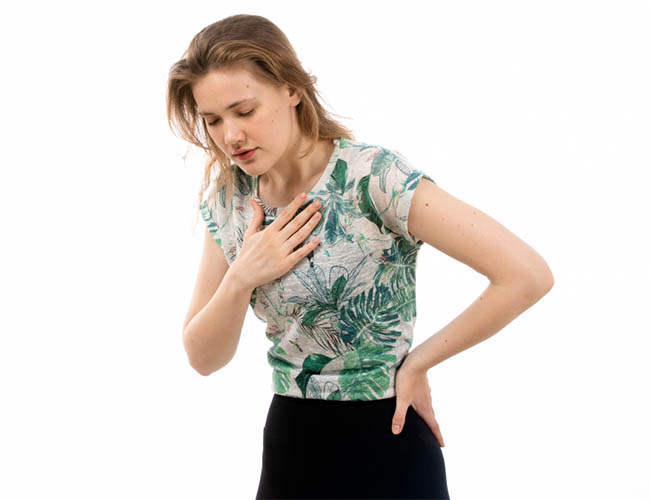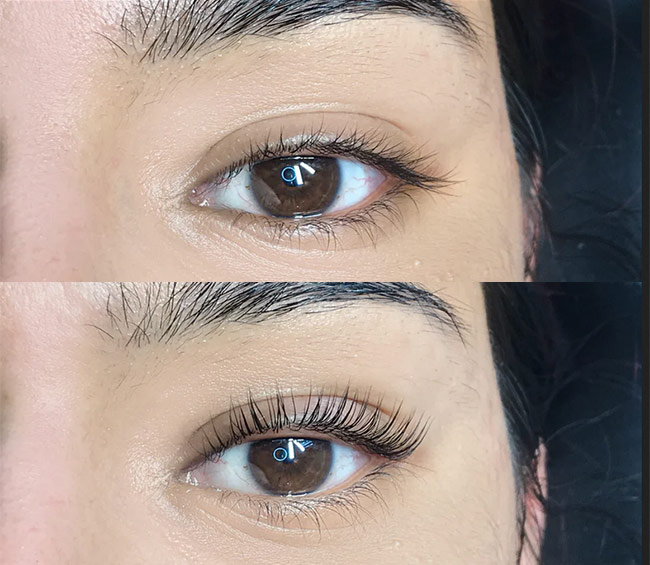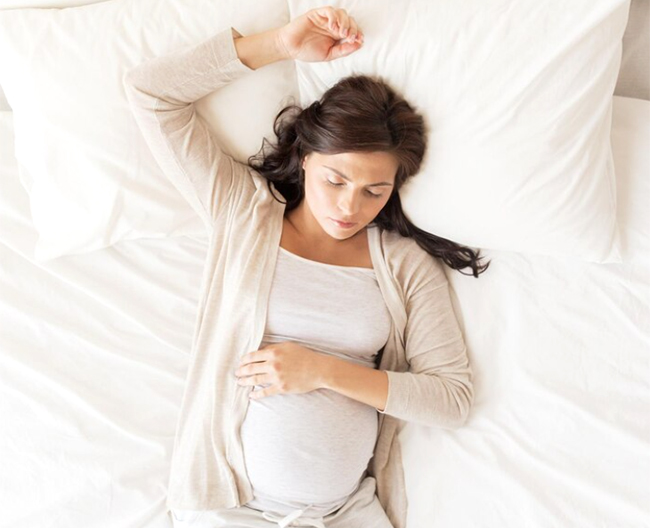Gender-Specific Causes of Chest Pain in Women:
While both men and women may experience common causes of chest pain, such as heartburn or musculoskeletal issues, some causes are more prevalent in women. These include:- Heart Disease: Coronary artery disease (CAD) can affect women, particularly after menopause. Women may experience chest pain due to CAD, but other symptoms like fatigue, shortness of breath, and nausea often accompany it.
- Microvascular Angina: This type of angina affects the smaller coronary arteries, often leading to chest pain in women without significant blockages in the major coronary arteries.
- Stress and Anxiety: Women are more likely to experience panic attacks and anxiety disorders, which can manifest as chest pain, often described as sharp and stabbing.
- Costochondritis: Inflammation of the cartilage that connects the ribs to the breastbone may cause chest pain in women, which can be mistaken for heart-related issues.
Warning Signs of Chest Pain in Women:
Chest pain in women can present with a different set of warning signs compared to men. Women need to recognize these signs and seek appropriate medical care:
- Radiating Pain: Chest pain in women often radiates to the back, neck, jaw, or shoulders. This radiation is less common in men and can be a significant warning sign for women.
- Shortness of Breath: Women experiencing chest pain may also have difficulty breathing, which is not always the case for men with chest pain.
- Nausea and Vomiting: Women may experience chest pain accompanied by nausea and vomiting, which can be a warning sign of heart disease.
- Jaw Pain: Chest pain in women can extend to the jaw, a less typical presentation in men.
- Indigestion or Heartburn: Women may mistake heart-related chest pain for indigestion or heartburn, mainly after a meal.
- Fatigue: Unexplained fatigue, often extreme, can accompany chest pain in women, indicating potential heart issues.
- Pain during Rest: Women may experience chest pain even when at rest, while men typically experience it during physical exertion.
- Pain during Emotional Stress: Emotional stress can trigger chest pain in women, emphasizing the need for stress management.
Chest pain in women is a complex and often unique experience and it's essential to understand the gender-specific causes and warning signs. While some causes of chest pain are common to both genders, women may experience different symptoms and patterns. Recognizing these differences can lead to better, more timely care and save lives.
Women must be aware of these warning signs and seek prompt medical evaluation when they experience chest discomfort. By understanding and addressing gender-specific aspects of chest pain, women can take proactive steps to ensure their heart health and overall well-being.



























